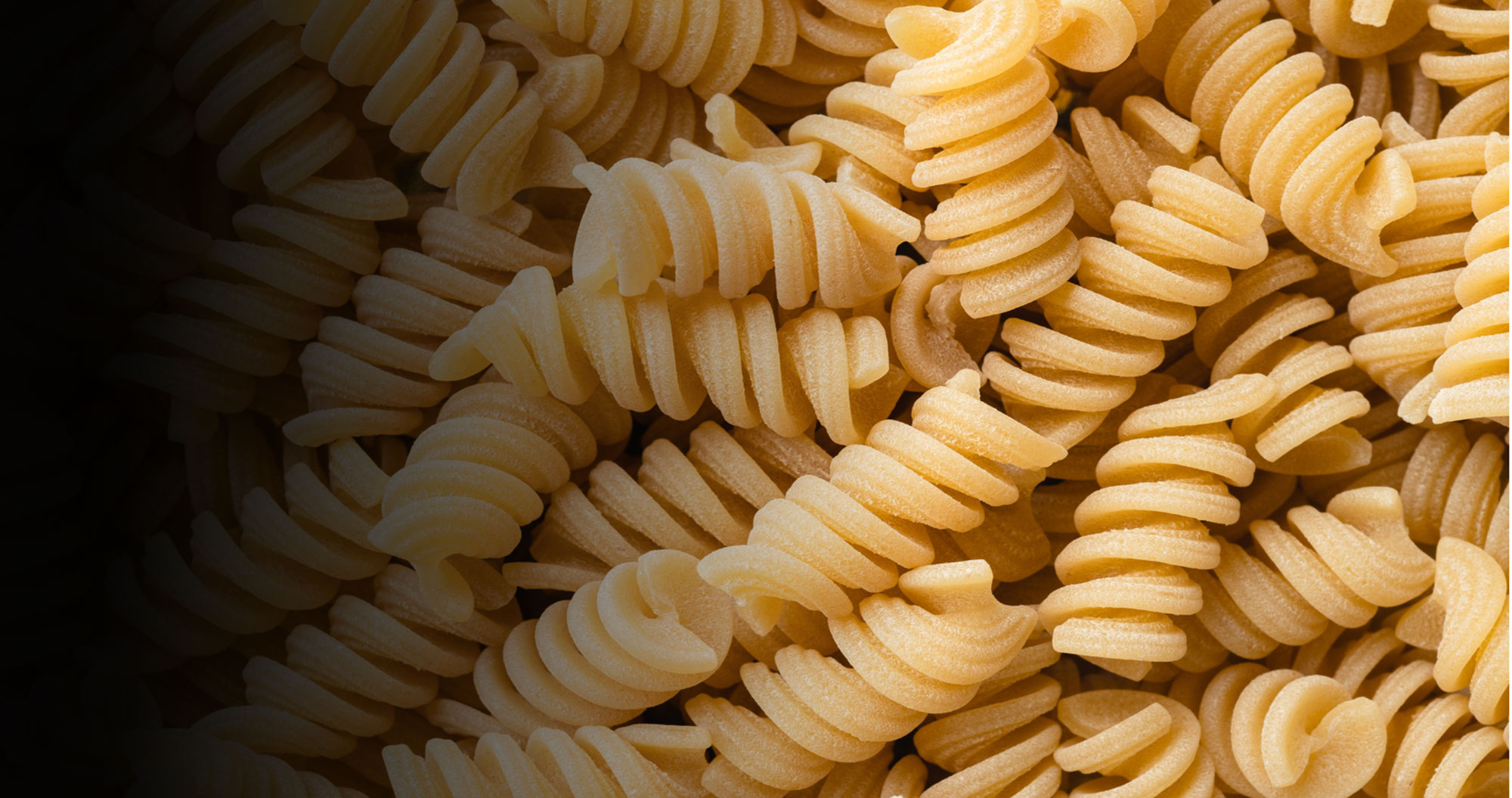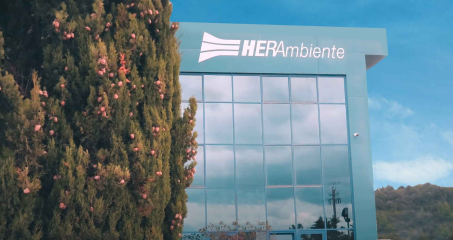
Herambiente Servizi Industriali and Barilla work together to recycle packaging
Together to recover packaging
Giving packaging waste a new lease of life
Recovery and recycling are the two core objectives of packaging waste management at Herambiente Servizi Industriali (HASI), Italy's leading company in industrial waste management. In a scenario where the amount of packaging materials placed on the national market is set to increase progressively in the coming years, the need to optimise their management is clear. In this regard, HASI has developed a project for the treatment of polyethylene, polypropylene and polylaminate packaging waste produced by Barilla, the well known Italian multinational in the food sector, which has several production plants in Italy. Before HASI's intervention, the customer used the packaging materials for waste to energy, a process in which the combustion of waste generates thermal energy and, indirectly, electricity. All of this, however, took place without upstream waste management, an operation that is often considered very expensive in terms of time and costs at an industrial level.

Economic and environmental savings thanks to recovery
The improvement plan proposed by HASI to Barilla, however, proves that a different approach is possible. Structured in multiple steps, it initially involved four Barilla plants, which used to send around 300 tonnes of waste for waste-to-energy recovery each year.
In the first phase, after an analysis of the materials' technical specifications, HASI identified the plants suitable for their reuse and recycling.
In the second phase, the focus shifted to the early stages of the sorting process. HASI provided guidelines for targeted material separation during production and, in some cases, introduced dedicated collection devices along the production lines. The material recovered from the separate waste collection is sent to sorting centres for the initial treatment. The polyethylene and polypropylene packaging, about 200 tonnes per year, is processed in plants that generate new recycled polymer to be reintroduced into the production cycle, while from the remaining polylaminated packaging about 100 tonnes per year of aluminium can be recovered, thanks to a heat treatment.
The new waste management methods have enabled Barilla to achieve a 10% reduction in overall costs for this activity across the four plants involved in the project. They also contribute to reducing the environmental impact of the production chain, the use of raw materials and energy, with a view to a circular economy. The next step will see the application of the HASI model to the other plants in the group, thus increasing economic and environmental advantages.
2020 data


